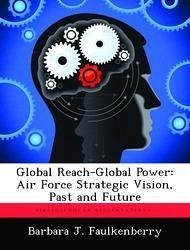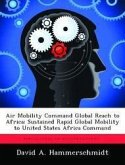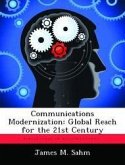The analysis presented in this thesis evaluates the contents of past Air Force strategic vision documents and studies the process used to create such documents. The thesis argument is that strategic vision documents can fulfill important functions for an organization, and that greater attention to the process of creating these documents can result in a more effective final product. The author defines a strategic vision document as a formal, written product endorsed by the organization's senior leader that provides broad and motivational guidance for the organization in the present while providing sage direction for the future. Based on current literature addressing the subject, the author proposes a framework of three attributes and two functions for strategic vision statements. The attributes of such statements are a declaration of organizational identity, a disclosure of future goals, and a view of the methods by which goals will be met. The two functions of strategic vision are to unify internally and advocate externally. Within this framework the author examines three past Air Force strategic vision documents for content and details the known processes behind their creation and distribution: General Arnold's 1945 report Air Power and the Future, the 1990 white paper The Air Force and US National Security: Global Reach-Global Power, and the 1992 white paper Global Reach-Global Power: The Evolving Air Force Contribution to National Security. Additionally, the author discusses the processes involved in two other Official works, Global Presence and the ongoing efforts aimed at creating a new Air Force strategic vision. Based on analysis of both content and process, the author develops and proposes a standard developmental process for vision documents including specific recommendations for content based on required attributes and functions.
Hinweis: Dieser Artikel kann nur an eine deutsche Lieferadresse ausgeliefert werden.
Hinweis: Dieser Artikel kann nur an eine deutsche Lieferadresse ausgeliefert werden.








